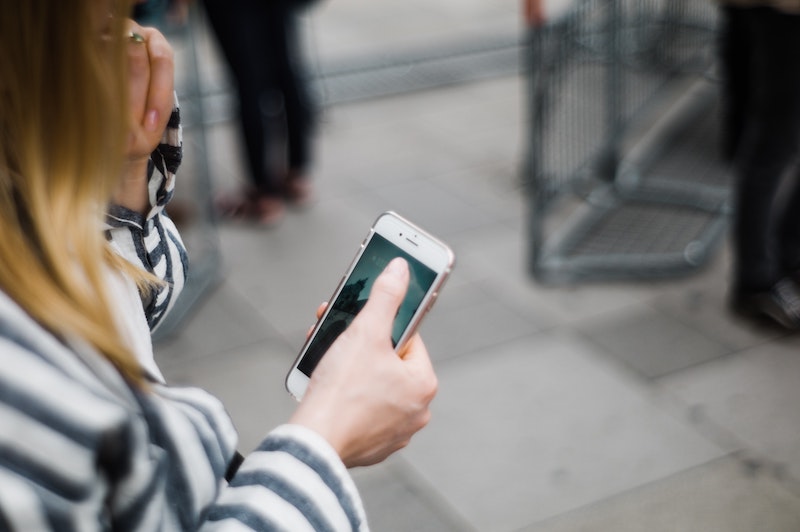AT&T Breach Alert: 73 Million Impacted
Our security teams have recently discovered that AT&T, one of the main US telecommunications companies, has suffered an enormous data breach. Data from 73 million current and former customers has been leaked on the dark web. In August, 2021, the company originally said that they did not suffer a data breach after a well-known threat actor claimed to be selling a database containing the personal information of 70 million customers. Although the hacking date remains unclear, one in five Americans have now been impacted. Data exposed include name, address, date of birth, phone number and social security numbers.
The company stated that it is not yet known whether the data originated from AT&T or one of its vendors. The company added that “currently AT&T does not have evidence of unauthorized access to its systems resulting in exfiltration of the data set.” The company said that it is reaching out to customers to reset their account pass codes and is also urging customers to remain alert about changes to their accounts or credit reports. LEARN MORE
Guard Well Identity Theft Solutions exists to provide you, your family, and your employees from the damages of identity theft. If you have any questions or concerns, please contact our Member Services team immediately. We are always available for you 24/7/365 at 888.966.4827 (GUARD).
Image courtesy credit: Marcus Spiske via unsplash.com















